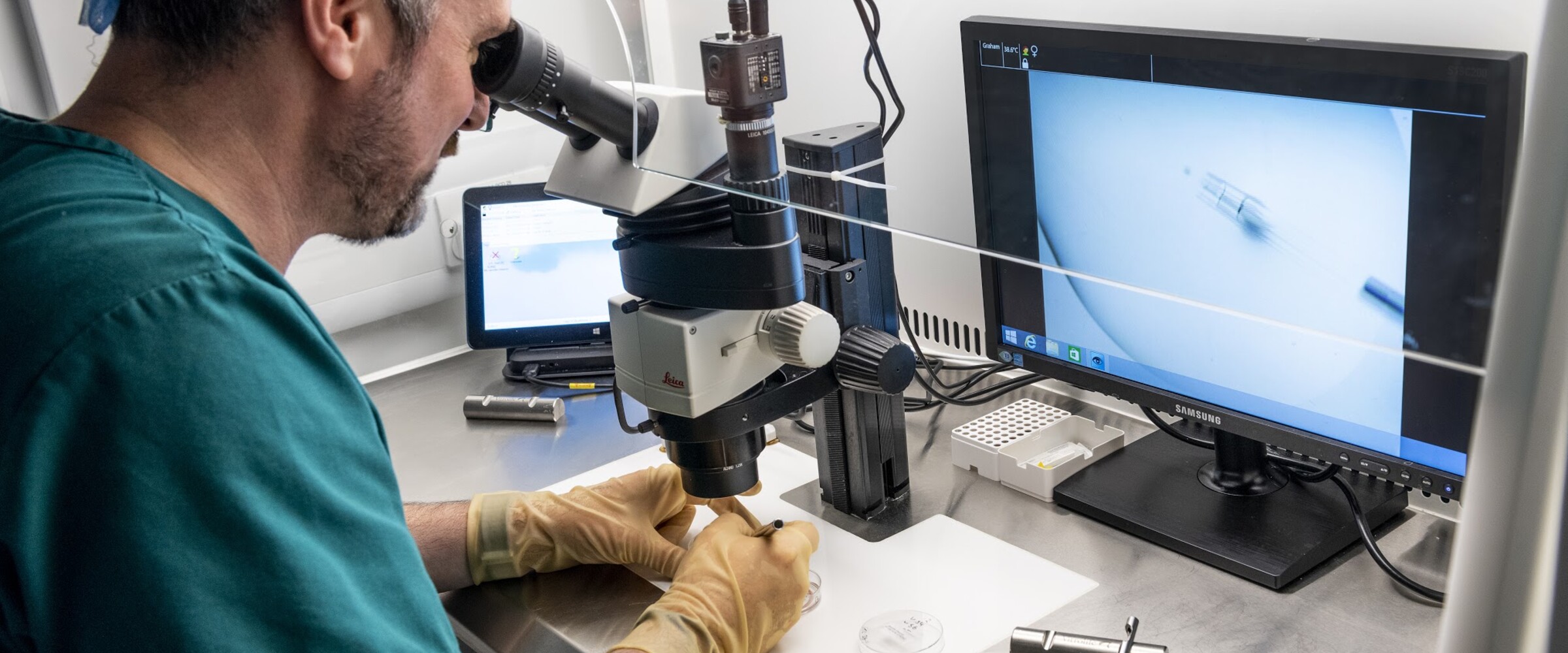
When Should You Consider Fertility Testing?
Fertility testing provides crucial insights into both male and female reproductive health, helping to identify any underlying issues that might be preventing conception. Early testing can save time and reduce the emotional stress associated with prolonged uncertainty. It can also open up a range of options for treatment, allowing you to make informed decisions about your next steps. Sims IVF offers a range of fertility testing options.
When Should You Consider Fertility Testing?
For your own peace of mind, it's best to get fertility testing done in your twenties, even if you're not actively trying to conceive. The general recommendation for those trying to conceive is that couples should consider fertility testing after one year of trying to conceive if the woman is under 35, or after six months if she is over 35. However, if there are known medical issues or if either partner has concerns, testing earlier is advised. Testing early can provide peace of mind to couples and individuals. If an issue is detected, early testing allows time for intervention and treatment, optimising your chances of a successful pregnancy.
Signs that might prompt earlier testing include:
- Irregular menstrual cycles or no periods at all
- Struggling to conceive with regular intercourse
- Previous miscarriages or difficulties with past pregnancies
- Endometriosis or polycystic ovary syndrome (PCOS)
- A history of sexually transmitted infections (STIs)
- Problems with ejaculation
- Concerns about future family planning
For Women:
Ovulation Testing: This can include blood tests to measure hormone levels or ultrasound scans to track the development of follicles in the ovaries.
Ovarian Reserve Testing: This test measures the quantity and quality of a woman’s eggs. It typically involves a blood test for Anti-Müllerian Hormone (AMH) levels and an antral follicle count via ultrasound.
Pelvic Exam and Ultrasound: A pelvic ultrasound checks the ovaries, uterus, and fallopian tubes for any abnormalities, such as fibroids, polyps, or cysts.
Hormonal Testing: Blood tests are used to check levels of various hormones, such as follicle-stimulating hormone (FSH), luteinizing hormone (LH), and thyroid hormones, all of which play crucial roles in reproduction.
For Men:
Semen Analysis: This is the cornerstone of male fertility testing. It evaluates the health and viability of sperm, including count, motility (movement), and morphology (shape).
Interpreting the Results
Once testing is complete, your consultant will go over the results with you. It’s important to remember that fertility issues can be complex. If a specific problem is identified, your doctor will discuss potential treatment options, which might include medication, or assisted reproductive technologies like IVF.
The Emotional Side of Fertility Testing
Undergoing fertility testing can be an emotional process. It’s normal to feel anxious or overwhelmed by the results, whatever they may be. Support from your partner if you have one, family, friends, or a professional counsellor can make a significant difference in how you navigate this journey.
Remember, seeking fertility testing is a proactive step. Whether the results lead to a straightforward solution or a more complex treatment plan, having a clear understanding of your fertility health empowers you to make the best decisions for your future.
Taking the Next Steps
If you’re considering fertility testing, start by talking to your healthcare provider or a fertility specialist. They can guide you through the process, answer any questions you may have, and help you take the next steps.
Every fertility journey is unique, by understanding your reproductive health, you’re taking control of your path to parenthood.

